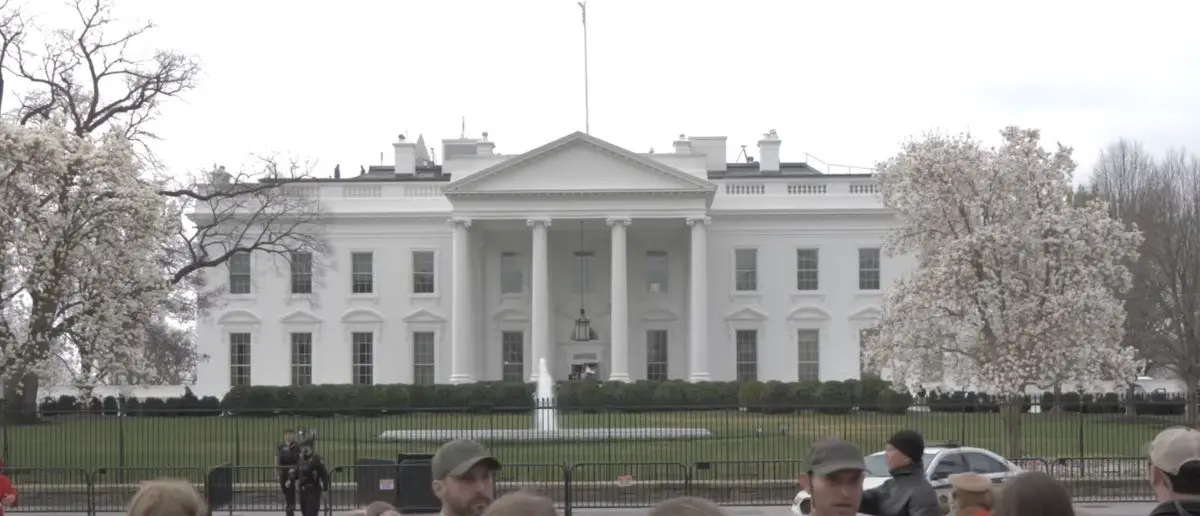The Clintons received one message that left them pale as ghosts
The Clintons have been in the spotlight for far too long. Now they’re completely humiliated.
Because the Clintons received one message that left them pale as ghosts.
Transportation Secretary Sean Duffy didn’t hold back after Hillary Clinton tried to take a swipe at his efforts to modernize the nation’s air traffic control system.
The former Secretary of State attempted to mock Duffy for enlisting the Department of Government Efficiency (DOGE) to spearhead the upgrades — only to be met with a sharp rebuke.
“Big News – Talked to the DOGE team. They are going to plug in to help upgrade our aviation system,” Duffy, 53, announced in an X post Wednesday.
Clinton, 77, wasted no time sneering at the plan, dismissing DOGE as a group with “no relevant experience.”
“Most of them aren’t old enough to rent a car,” she scoffed. “And you’re going to let them mess with airline safety that’s already deteriorated on your watch?”
Duffy wasn’t about to let Clinton’s jab go unanswered. He fired back, defending the team’s mission and taking a direct shot at the bureaucratic failures of past administrations.
“Madam Secretary, with all due respect, ‘experienced’ Washington bureaucrats are the reason our nation’s infrastructure is crumbling. You need to sit this one out,” Duffy shot back.
Elon Musk, head of DOGE, confirmed Wednesday that his team is moving quickly “to make rapid safety upgrades to the air traffic control system.”
The urgency couldn’t be clearer. Just last Saturday, the Federal Aviation Administration’s main pilot warning system went down, forcing a backup system to kick in until the primary one was restored.
The failure came on the heels of a catastrophic collision between a passenger jet and a military helicopter near Ronald Reagan Washington National Airport, which claimed 67 lives.
Clinton doubled down Thursday, trying to pin the blame on Trump-era policies.
“US airlines had gone 16 years without fatal crashes,” she claimed. “Then MAGA fired the FAA chief, gutted the Aviation Security Advisory Committee, and threatened air traffic controllers with layoffs. Now there have been two fatal crashes.”
Duffy wasn’t about to let Clinton rewrite history.
“I know you’re lashing out because DOGE is uncovering your family’s obscene grifting via USAID, but I won’t let you lie and distort facts,” Duffy countered.
“The FAA administrator announced he resigned over a month before Trump took office, and the air traffic controllers were always exempt from Trump’s civil service buyouts.”
“I’m returning this department to its mission of safety by using innovative technology in transportation and infrastructure. Your team had its chance and failed.”
President Trump, 78, hinted at even bigger reforms on the horizon, telling attendees at the National Prayer Breakfast on Thursday morning that his administration is working with Congress to pursue a major overhaul of air traffic control.
Stay tuned to the DC Daily Journal.












